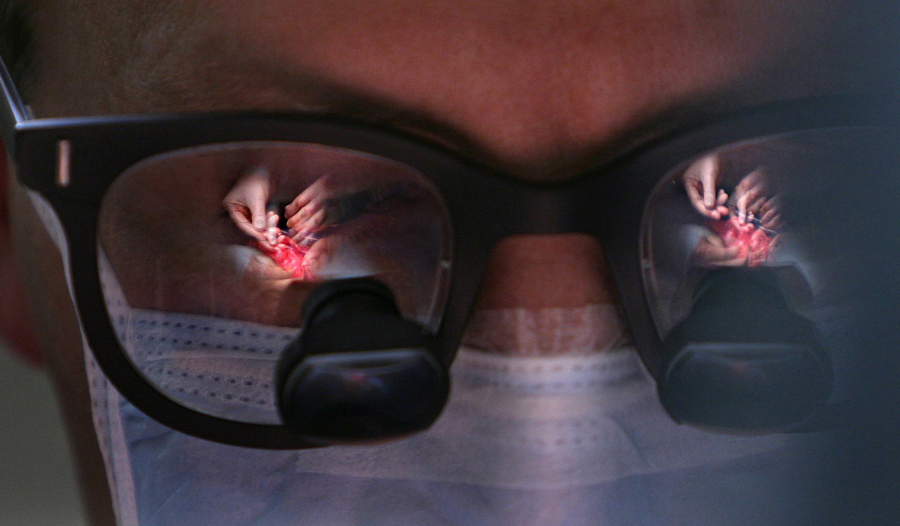In conversations with doctors, nurses and independent patient advocates, The Seattle Times has gathered advice to consider when you face surgery.
• IS THE SURGERY NECESSARY?
Some doctors are more aggressive about recommending surgery than their peers, and sometimes there is reasonable disagreement about the best approach. If you are not facing an emergency situation, consider seeking a second opinion from a doctor at a different medical facility. It’s common practice, so don’t worry about offending your doctor. (If they are offended, that may be a red flag.)
And be sure to ask both doctors questions to help you assess whether to pursue surgery: What are the consequences of not doing surgery? What alternatives could be explored first? What are the risks of surgery? What is the ideal outcome? Doing your own research can help, too.
• WILL YOUR DOCTOR REALLY BE THE ONE DOING THE SURGERY?
Some surgeons regularly run multiple operating rooms at the same time. And even if they’re not juggling other cases, some will delegate portions of the surgery to an assistant while they attend to other work, such as meeting patients in a clinic.
If this concerns you, ask your doctor whether they will be the one performing the entire surgery. Ask them what role their assistants will play and how they will be supervised. And ask whether your surgery will overlap at all with another case. But also be realistic: If you’re going to a teaching hospital, you can expect assistants will likely play some role in your surgery. And if your operation is going to last many hours, you can expect your surgeon to take breaks to use the bathroom and to eat.
• HOW DO YOU GET WHAT YOU NEED AFTER SURGERY?
Patients sometimes find it difficult to get the attention they need after surgery. Nurses often have overwhelming caseloads and may need to deal with something that’s urgent before getting to you. Advocates suggest being respectful and appreciative to build a positive relationship with your care team. But you may need to be assertive at times to get attention on a critical issue. Sending a friend or relative to speak with the charge nurse could help. And be sure to ask what to do once you are discharged and whom to call if you have a problem.
• DON’T GO IT ALONE.
It can help throughout the process to have someone at your side. Navigating a surgery can be overwhelming. Even during an office visit, anxiety and uncertainty can make you forget the questions you wanted to ask. It can be helpful to have another person to help ask questions, remember instructions and take notes.



